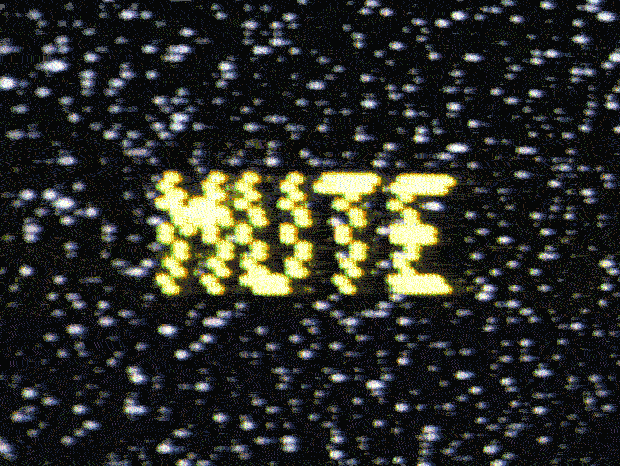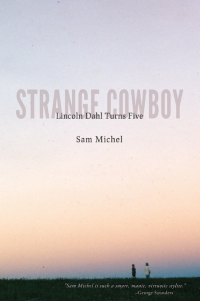 So Say The Waiters/book1/episodes 1-5
So Say The Waiters/book1/episodes 1-5
by Justin Sirois
Severed Books, 2012
293 pages / $13.99 (print) $6.99 (eBook) buy from sosaythewaiters.com or Amazon
1. This book reminds me also of the 90s Michael Douglas movie The Game in which a rich guy’s brother signs him up for a role play service which makes his life more interesting via nearly killing him such as in multiple car chase scenes as well as I think he rolls down a mountain wearing a suit at one point.
2. Justin Sirois has written a book about nicely done realistic people who are bartenders and in bands but this book is not annoying about that at all because it’s elegantly self-aware and spot on like every two seconds you let out an out loud Ha because yes everyone is exactly like how he depicts them but kinda lovingly actually I feel like he should write some epic movie about indie culture.
3. So the people in this book are called Waiters in a way because they are I think waiting for their lives to get going already but it’s not cheesy it’s good.
4. What it is is that they sign up for a service that kidnaps them and it’s got that “now you will appreciate your life more” thing going on but also it’s kinda Fight Club-ish but more cyberpunk.
5. “Cyberpunk is a postmodern science fiction genre noted for its focus on “high tech and low life.” The name was originally coined by Bruce Bethke as the title of his short story “Cyberpunk,” published in 1983. It features advanced science, such as information technology and cybernetics, coupled with a degree of breakdown or radical change in the social order.” “”Classic cyberpunk characters were marginalized, alienated loners who lived on the edge of society in generally dystopic futures where daily life was impacted by rapid technological change, an ubiquitous datasphere of computerized information, and invasive modification of the human body.” – Lawrence Person” -this is according to Wikipedia.
6. I cannot believe these Wikipedia bastards forgot to talk about William Gibson here. Did you ever read any William Gibson in middle school and then go home and wait five and a half hours for a Nine Inch Nails song to download through your parents dial-up modem in the basement at all?
7. That girl from the Dragon Tattoo books movies looks like she could be cyberpunk. What do you think she smells like?
8. Also Henry the main guy in Sirois’ book has just been dumped by his fiancee and every time he thinks about her it’s so effing sad and done well.
9. “At the cabinet, he reached for an upside-down glass in the highest shelf to find a hair tie somehow trapped like a bug inside it. The hair tie fell onto the counter…He stared at the hair tie…Screw your hair ties, Meghan. All of them…At least it was Friday.”
10. Guy needs a change in his life, enter friend who founded the escapism game, which btw is an app specifically for an iPhone is how you sign up for it. READ MORE >

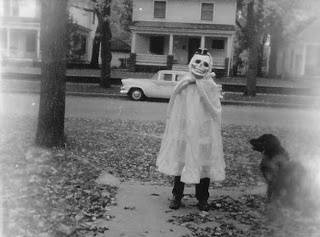
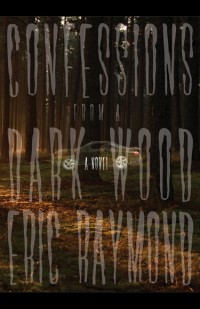
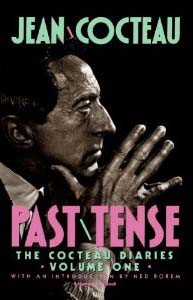 I start out endeavoring to write about those things I know; those authors I know; those films I know; those artists I know, because the chance of publishing something online and the rest of the world instantly knowing more about it than me simply isn’t weighed in my favor, so I want to start with something I know. Obscurity can work in my favor here. Choosing to review, say, Self Portrait by Man Ray will prove far less disputable than another slant on the terrifying depths of the sentences in Infinite Jest; so I may be wise to look to those lesser-discussed works on my bookshelf considering derision isn’t something I enjoy. Furthermore, and aside from obscurity or the arcane, I’m going to want to focus on the personal elements of the topic as opposed to those more general observations ever-present in every other publication on earth. This isn’t a critique of Mad Men for The New Yorker, this isn’t my attempt to reconcile the efforts of Frank Ocean as measured against the palpitations of James Brown, this is something different, and personality shouldn’t hide away at this most pivotal moment in my life as a hack critic postulating endlessly with cheap literary fiction tricks.
I start out endeavoring to write about those things I know; those authors I know; those films I know; those artists I know, because the chance of publishing something online and the rest of the world instantly knowing more about it than me simply isn’t weighed in my favor, so I want to start with something I know. Obscurity can work in my favor here. Choosing to review, say, Self Portrait by Man Ray will prove far less disputable than another slant on the terrifying depths of the sentences in Infinite Jest; so I may be wise to look to those lesser-discussed works on my bookshelf considering derision isn’t something I enjoy. Furthermore, and aside from obscurity or the arcane, I’m going to want to focus on the personal elements of the topic as opposed to those more general observations ever-present in every other publication on earth. This isn’t a critique of Mad Men for The New Yorker, this isn’t my attempt to reconcile the efforts of Frank Ocean as measured against the palpitations of James Brown, this is something different, and personality shouldn’t hide away at this most pivotal moment in my life as a hack critic postulating endlessly with cheap literary fiction tricks.